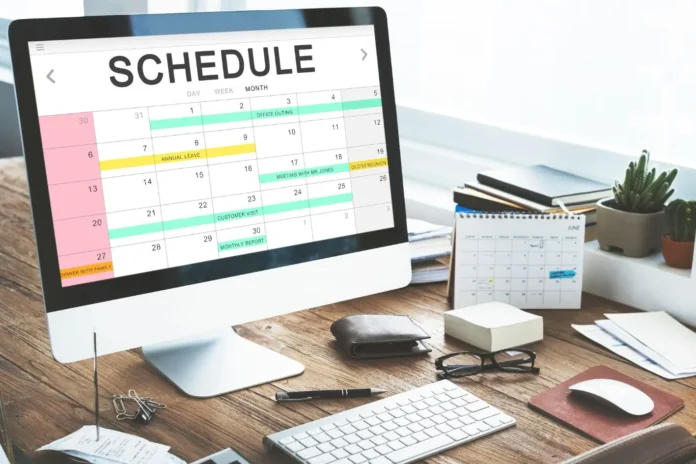As a manager, one of your hardest jobs is not only making sure that people get to work on time but also that you have backups if there is a scheduling conflict. It can be a grueling experience writing out time cards – the worst is when you have to tell a particular employee that they have to come to work super early in the morning or late at night. There is no doubt that you will get a lot of resistance. Yet, scheduling doesn’t need to be such an intimidating experience – you should be able to get back to doing more important things at your job instead of pulling out your hair and trying to make sure that all shifts are covered and that employees won’t flake out last minute. Learn how to simplify employee scheduling and optimize your team’s workflow on the website money-plans.com
Here are 5 employee scheduling tips for managers.
- Keep strict scheduling policies. The laxer you get when employees miss shifts or come to work late, the worse the problem is going to be. As a manager, it is important that you devise a set of rules and regulations when it comes to how far in advance an employee can request a change in their schedule or give notice that they will be late to work. In addition, it is crucial to reprimand employees who break the rules.
- Plan in advance. If you are one step in front of your employees they won’t be able to pull a fast one on you. Never write your time cards and post them the night off. It is recommended to schedule employees a whole month in advance and then post their time cards up to a week before so that they know exactly when they have to come to work.
- Have better communication. When it comes to scheduling employees, communication is key. If you don’t address your own concerns or don’t listen to your employee’s concerns, it can really get in the way of your managerial duty of being able to schedule workers efficiently. If there is a serious communication break down you can switch to strict email correspondence for people to air their grievances. Try this for a week or two and see if it helps you to schedule employees better.
- Have detailed employee reports. Sometimes the best way to fix future problems with employees – when it comes down to making sure they get to work on time and don’t miss shifts – is to have an overview of their general performance so that they know they are in danger of getting in trouble if they continue being late or miss shifts. There is no better motivator than the fear of losing your job. Enhance productivity and learn to reduce workload top tips with the website businessnewsinc for employee scheduling
- Lastly, make sure that you always have backups. Anything can happen – an employee can get sick, go on a spur-of-the-moment vacation, or just not show up. But what if you desperately need that shift covered? In this case, it is always good to have a few reliable backups, just in case of a scheduling emergency. Maximize your team’s potential proven strategies for effective scheduling with the website usa commerce daily




